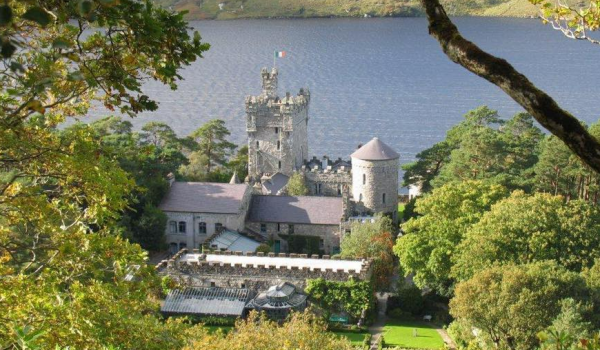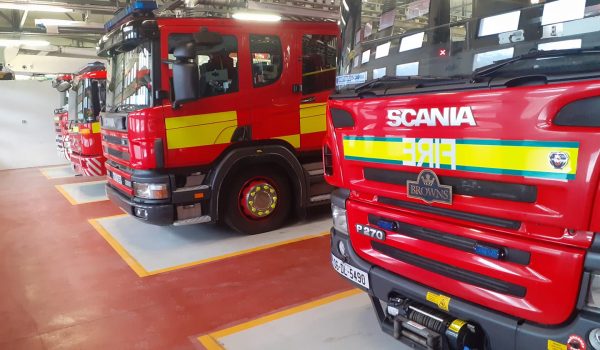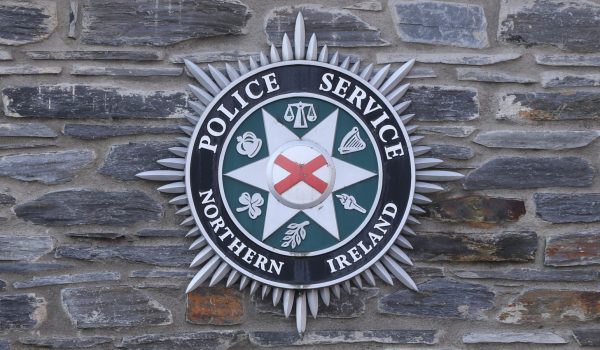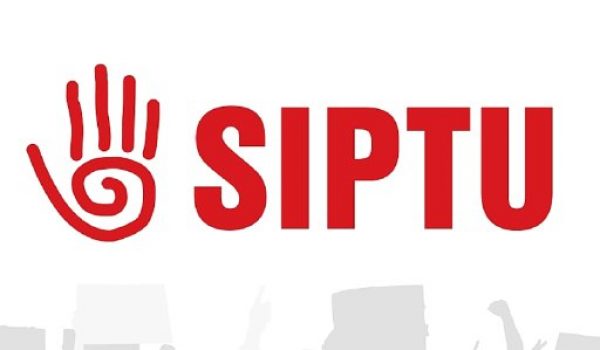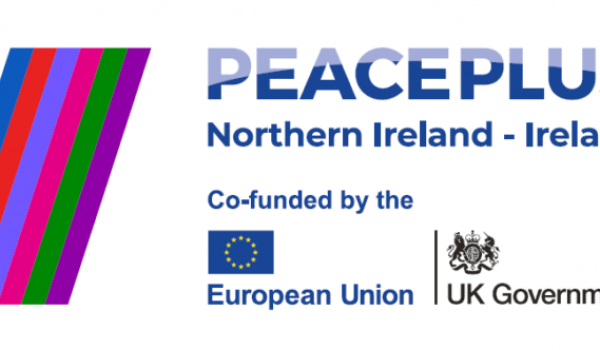
The Justice Minister insists the commemoration of the RIC is not a celebration.
An event is being held on January 17th to commemorate those who served in the Royal Irish Constabulary and the Dublin Metropolitan Police prior to Irish independence.
There’s been substantial opposition to the event taking place with Donegal Councillor Micheal Cholm MacGiolla Easbuig formally asking the Cathaoirleach of Donegal County Council to call an emergency meeting to discuss the commemoration.
He believes the Council should not be represented at the commemoration.
In a statement this evening, Minister Charlie Flanagan insisted that the event is in no sense a commemoration of the “Black & Tans” or the “Auxiliaries” and that the gathering would acknowledge the historical importance of both the DMP and the RIC.
Statement in full –
‘The approach to the Decade of Centenaries has made clear that there is no hierarchy of Irishness and that our goal of reconciliation on the island of Ireland can only be achieved through mutual understanding and mutual respect of the different traditions on the island.
As part of the Decade of Centenaries (2012-2023), under the guidance of the Expert Advisory Group on Centenary Commemoration, I, on behalf of the Government, will host an event to commemorate the place of the Royal Irish Constabulary and Dublin Metropolitan Police in Irish History.
This event is one of a large number of events taking place during this decade to acknowledge and commemorate significant events or developments in the history of our island one hundred years ago. It is not a celebration. It is an acknowledgement the historical importance of both the DMP and the RIC, and is in no sense a commemoration of the “Black & Tans” or the “Auxiliaries”.
The Decade of Centenaries has, to date, been characterized by an open-minded non-partisan factual approach to our history. It has provided us with the opportunity to remember ALL of those who died over the period.
The office-holders invited to the modest and solemn commemoration on 17 January are invited in their capacity as representatives of their county, city or party as the case may be. They have not been invited in a personal capacity.
There is no question but that there are very real sensitivities involved here. I acknowledge that. But there are sensitivities on both sides. The RIC has found itself on the wrong side of history. The intolerance that was often characteristic of Ireland in the past sometimes forced people to deny their own family histories and airbrush parents, grandparents and siblings out of the picture for doing no more than serving as an army officer or police officer to support their families. It should be noted that the vast majority of Irish people who served as army and police officers did so with honour and integrity.
That is why it is disappointing to see some public representatives abandon the principles of mutual understanding and reconciliation in an effort to gain headlines. This attitude, combined with a distortion of the nature of the commemoration, is ill becoming of any public representative and represents a step backwards to a more narrow-minded past characterized by a hierarchy of Irishness.
The complexities of Irish history has been highlighted and many people have explored their family history, often discovering ancestors who served in the army and/or police as well as playing a role in the fight for an Irish Republic and/or Home Rule. The historian, Diarmuid Ferriter, among others, has highlighted this in his writing noting that Michael Collins’ uncle served in the RIC while the author Sebastian Barry had one grandfather in the British Army and another who was an Irish Republican. The actor Michael Fassbender’s great grandfather was in the RIC while Fassbender is also related to Republican leader Michael Collins. So many other Irish families share this complex history and these facts should be explored and acknowledged as all the threads of our history, within families and as a nation, make us who we are today as a people.
The centerpiece of the Decade of Centenaries has rightly been the 1916 Rising which was commemorated with over 60 official events, including seven major State ceremonial commemorations. Alongside these commemorations, we have also marked the participation of Irish soldiers in the First World War – including in major battles such as the Somme – as well as key events in the history of the Labour movement, female suffrage and the struggle for Home Rule.
In 2016 the Government hosted a small and sensitive commemoration acknowledging the 125 Army officers who lost their lives in the Rising while a Necrology Wall of Remembrance in Glasnevin Cemetery lists all those who died in the Rising, including rebel combatants, civilians, police officers and members of the Army. These commemorations are about our history, not our mythologies, and as Minister for Justice and Equality, I am happy to endorse the recommendation of the Expert Advisory Group that we commemorate the place of the Royal Irish Constabulary and Dublin Metropolitan Police in Irish History.’
- Fri, 13 Feb 2026
- (+353) 07491 25000
- (+353) 086 60 25000
